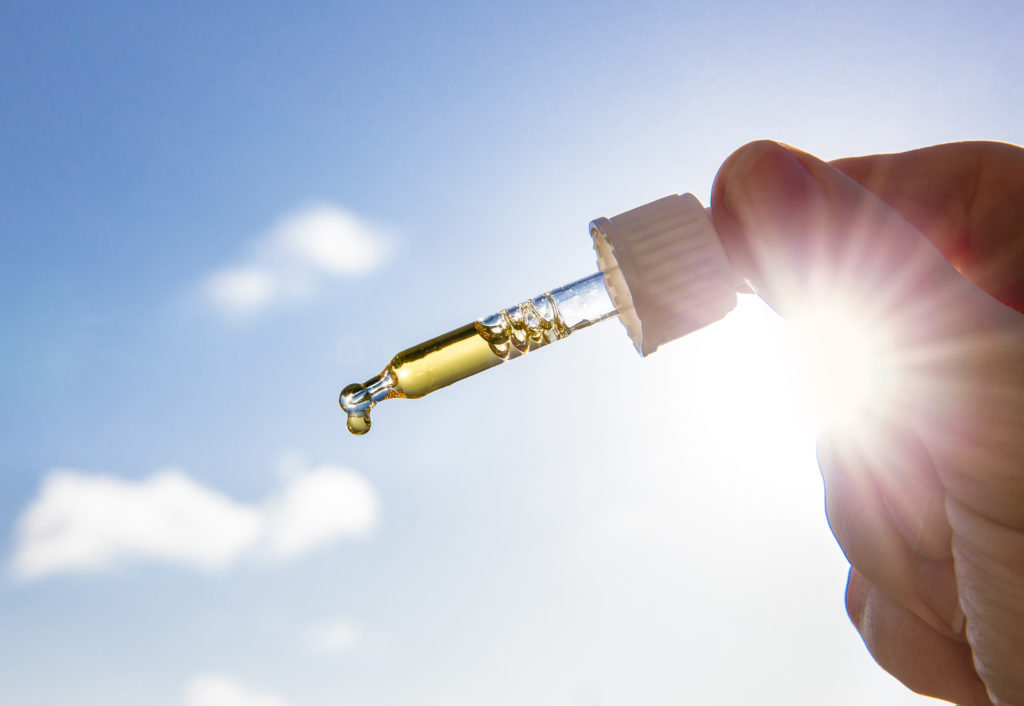Vitamin C Tolerance: Identify Deficiency and Boost Your Health

If you’re recovering from mold illness or just feeling sluggish, foggy, or off, it might be time to check in with your vitamin C levels!
Hi, I’m Dr. Jill Crista, naturopathic doctor, mold expert, and author of Break the Mold. I’m here to show you how a simple at-home test can reveal your body’s needs. I’ll also share how whole-food sources can help restore your balance and support your healing journey.
Let’s talk about how to assess your vitamin C status and use it to take your health to the next level.
Why Vitamin C Deficiency Is Overlooked
I wish there was a standardized blood test for Vitamin C. Nutrients don’t seem to be monitored as much. Vitamin C doesn’t often get the spotlight in conventional medicine, even though deficiency is surprisingly common, especially during mold recovery.
Here’s why this happens:
- Lack of Testing: Most doctors just aren’t familiar with functional lab tests, which means many deficiencies go undetected.
- Widespread Issue:A whole lot of people out there are walking around with low vitamin C.
- Mold’s Impact: Mold exposure can impair nutrient absorption, making vitamin C even more critical to recovery.
Your body’s defense system depends on vitamin C. And when you’re healing, you need every advantage you can get. That’s why food-based forms like Rose Hips Solid Extract are especially helpful.
The C Flush: Testing Your Tolerance at Home
Check out Dr. Russel Jaffe’s bowel tolerance test. It’s a simple, safe way to see how much vitamin C your body can absorb right now. Here’s how the C Flush test works:
- Simple At-Home Test: Take 1,000 milligrams of regular vitamin C every hour until you reach bowel flush (loose stool). (PERQUE C Flush).
- Not All Forms Work: This test doesn’t work with liposomal vitamin C or Emergen-C. Stick to plain or buffered vitamin C.
- Why It Matters: A lower tolerance level may indicate you’re getting enough. But if your body handles high amounts without flushing, that suggests a bigger deficiency. Especially common during mold recovery.
For mold-specific guidance, follow the steps outlined in the Rose Hips Solid Extract product guide.
Best Sources for Vitamin C in Mold Recovery
There are excellent natural sources of vitamin C, which is especially important for mold-sensitive individuals. Synthetic vitamin C is often derived from fermented corn or fungus, which can aggravate symptoms during mold recovery.
That’s why I recommend gentle, food-based forms. Here’s what works:
- Whole Food Sources: Some people don’t tolerate synthesized vitamin C from fungus. Natural options like rose hips, acerola cherry, and camu camu are better tolerated.
- Mold-Sick Friendly: Liposomal forms are really nice for malabsorption, but whole foods like rose hips are versatile for all.
- Versatile to Use: Rose hips are super easy to incorporate. Use them as tea, blend into smoothies, or make them into jams and jellies. The solid extract form is even kid-friendly.
Whole-food sources tend to be better absorbed and more compatible with digestion. Especially when the gut is still recovering from mold exposure.
Tips to Optimize Your Vitamin C Intake
There are lots of ways that you can get your C. Once you know your needs, it’s time to take action. Here’s how to make the most of your vitamin C:
- Test Your Tolerance: Use the C Flush test with regular vitamin C to identify whether you need extra vitamin C.
- Choose Whole Foods: Opt for rose hips, acerola, or camu camu, especially Rose Hips Solid Extract, for mold-sensitive folks.
- Use Liposomal for Absorption: If you have malabsorption, liposomal vitamin C may be a better option.
- Incorporate in Diet: Add rose hips to your day as a tea, in smoothies, or in spreads. It goes down easy, and your body will thank you.
When your body gets what it needs, it knows exactly how to heal.
You’re Ready to Boost Your Health!
Testing and optimizing your vitamin C intake is one of the simplest, most powerful ways to support mold recovery. Use the C Flush to assess your needs. Add Rose Hips Solid Extract for consistent, gentle support.
You’re already on the right path, friend. Keep going and keep healing.
Join my newsletter for weekly mold recovery tips and natural health insights
Disclaimer This content is health information and not intended as personal medical advice. Viewing will not establish a doctor-patient relationship. It is not intended to diagnose, treat, cure, or prevent any disease or medical condition. The information discussed is not intended to replace the advice of your healthcare provider. Reliance on information provided by Dr. Jill Crista, employees, or others appearing at the invitation of Dr. Crista is solely at your own risk.a is solely at your own risk.
